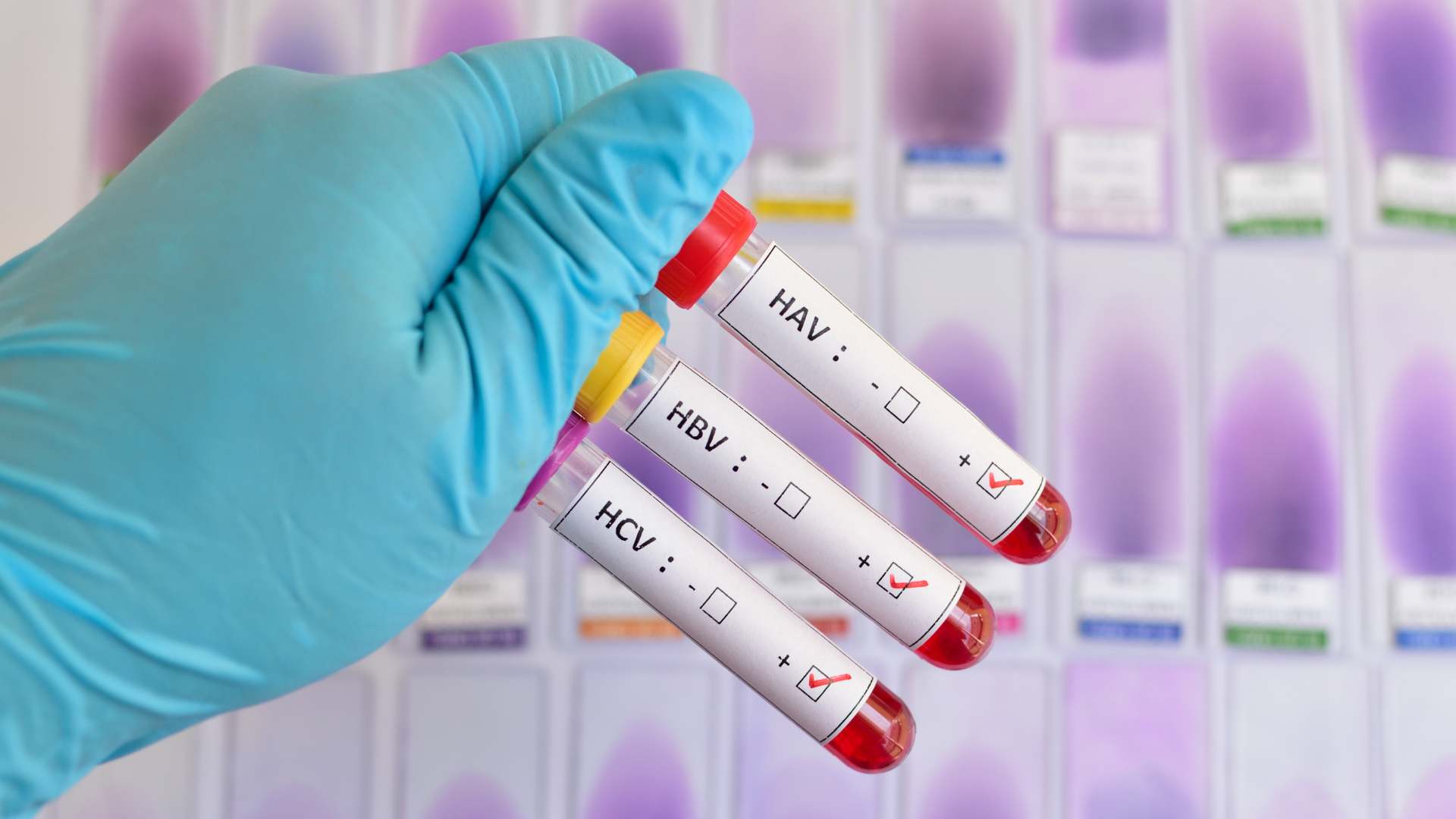Viral hepatitis is a serious health infection that affects the liver. There are at least five types of hepatitis viruses (A-E), but the three most common types are hepatitis A, B, and C.
Many people get confused between these three types of hepatitis and may not understand the differences between them. In this article, we will discuss the ABCs of hepatitis – what they are, how they are transmitted, and their symptoms and treatments.
Let’s jump in:
What is Hepatitis?
Before we delve into the specifics of hepatitis A, B, and C, let’s dive a little deeper into what exactly hepatitis is.
When a hepatitis virus enters your body, it moves to your liver. It can then enter your liver cells and multiply, causing inflammation and damage to the liver tissue. This can lead to a variety of complications and health issues.
Liver damage and inflammation can affect your liver’s ability to function properly. This is a problem because your liver is responsible for:
- Filtering toxins from your blood.
- Producing bile to help digest fats and eliminate waste.
- Storing glucose and releasing it when your body needs energy.
- Producing proteins that help with blood clotting.
Without a functioning liver, your overall health can be severely impacted.
Symptoms of Viral Hepatitis
Hepatitis A, B, and C symptoms can vary from person to person. However, they all share some general symptoms:
- Fever
- Fatigue
- Nausea and vomiting
- Abdominal pain or discomfort
- Dark urine
- Clay-colored stools
- Loss of appetite
- Joint pain
- Yellowing of the skin or eyes (jaundice)
- Diarrhea (Usually a symptom of Hepatitis A)
Some people may contract viral hepatitis and not experience any noticeable symptoms at all. As a result, some are unaware they have the viral infection.
Hepatitis A
Hepatitis A virus (HAV) has become increasingly rare in the United States. According to the Centers for Disease Control and Prevention (CDC), there were only 44,926 cases reported in the United States between 2016 and 2022.
How is Hepatitis A Contracted?
There are several ways in which people might contract hep A:
- Close person-to-person contact (i.e., taking care of someone who’s sick or having sex with an infected person)
- Eating food prepared by someone with the virus who didn’t wash their hands after using the bathroom.
- Drinking contaminated water. This is less common in the United States.
- Eating raw shellfish (oysters, clams, and mussels) from contaminated water. This is also rare in the United States.
How is Hepatitis A Treated?
Hep A is treated using supportive care, meaning that the symptoms are managed as the body fights off the infection. In most cases, hepatitis A clears up on its own with time and rest.
There is a vaccine available to prevent Hepatitis A, which is recommended for all children at 12-23 months of age and travelers to areas with high rates of infection. Adults who are not vaccinated but are at risk of hepatitis A should also receive the vaccine.
Hepatitis B
Hepatitis B virus (HBV) is a more serious and widespread infection than hepatitis A. It can cause both acute and chronic hepatitis infections, leading to liver damage, cirrhosis, or even liver cancer. According to the CDC, between 580,000 to 1.17 million people in the United States have chronic hepatitis B infection.
How is Hepatitis B Contracted?
HBV is spread in a variety of ways, such as:
- Having sex with someone who has hepatitis B.
- Sharing needles or other drug-injection equipment with someone who has hepatitis B.
- Being born to a mother with hepatitis B.
- Sharing personal items such as toothbrushes, razors, or nail clippers with someone who has hepatitis B.
How is Hepatitis B Treated?
There is no specific treatment for acute hepatitis B. In most cases, the body can clear the virus on its own. However, antiviral medications may be prescribed if it’s a chronic infection or causes liver disease/damage.
Similar to Hepatitis A, there is a vaccine available to prevent Hepatitis B. It is recommended for all infants, unvaccinated adults at risk of HBV infection, and anyone seeking protection from the virus.
Hepatitis C
Hepatitis C virus (HCV) is the most common bloodborne infection in the United States. It can lead to acute and chronic infections, with the potential for liver damage and cancer. According to the CDC, an estimated 2.4 million people in the US have chronic HCV infection.
How is Hepatitis C Contracted?
HCV primarily spreads through contact with infected blood. This can happen through:
- Sharing needles or other drug-injection equipment with someone who has HCV.
- Being born to a mother with Hep C.
- Having unprotected sex with someone who has HCV.
How is Hepatitis C Treated?
Unlike Hepatitis A and B, there is no vaccine for HCV. However, there are medications available to treat the infection and prevent serious liver damage. These medications (known as direct-acting antivirals) can cure the infection in most cases – with minimal side effects.
It is recommended that anyone at risk of HCV infection gets tested regularly, as early diagnosis and treatment can help prevent long-term complications. Additionally, taking precautions such as using clean needles and practicing safe sex can help prevent the spread of HCV.
In Need of Hep C Testing or Treatment?
At Connect to Cure, we offer free and confidential HCV testing and treatment for those who qualify. If you or someone you know may be at risk of HCV infection, don’t hesitate to reach out to us. Our team is dedicated to helping individuals get the care they need and prevent the spread of this virus.
Remember, early detection and treatment can make a significant difference in preventing long-term complications from Hepatitis C.


